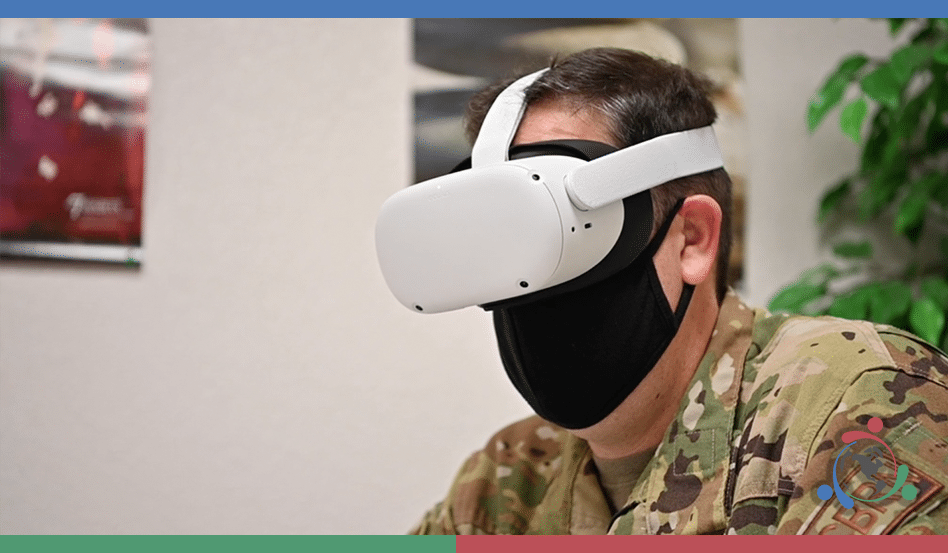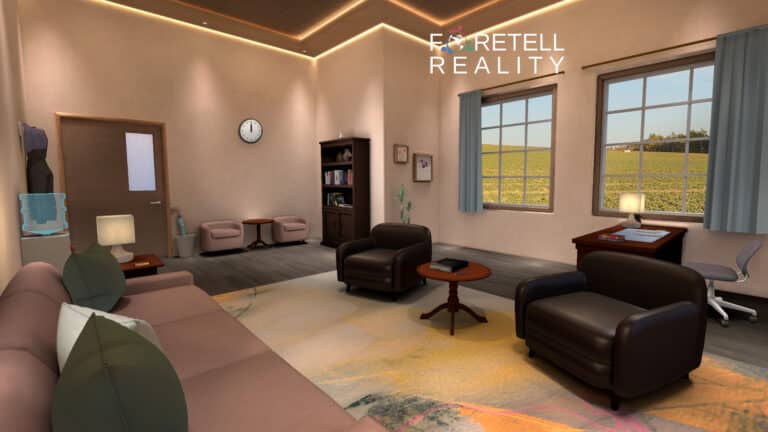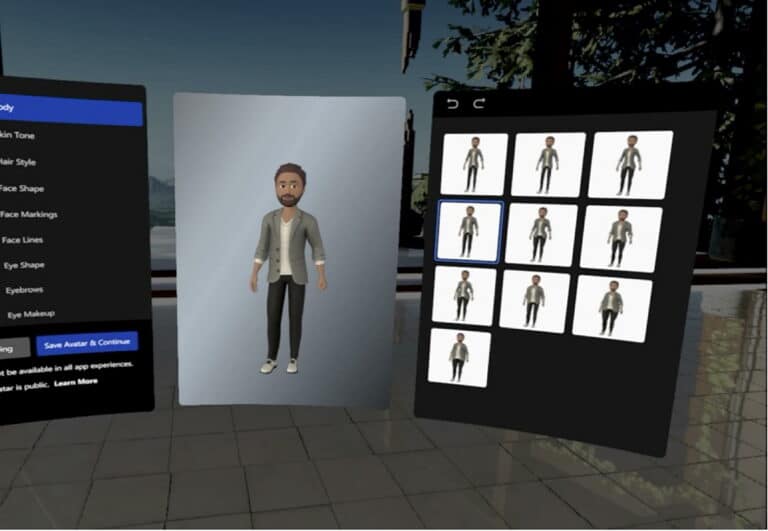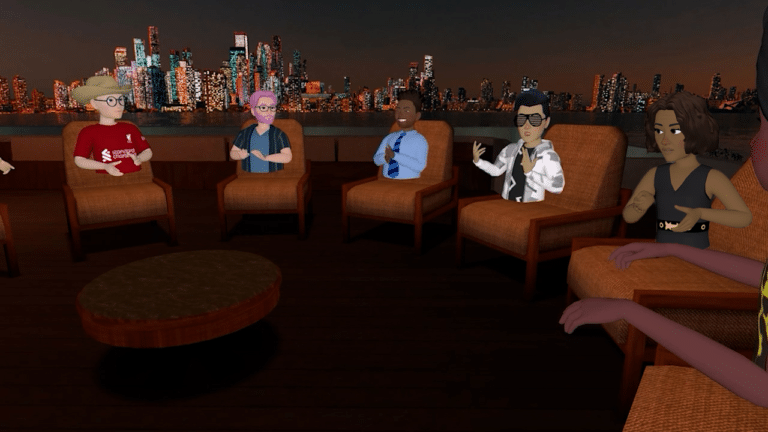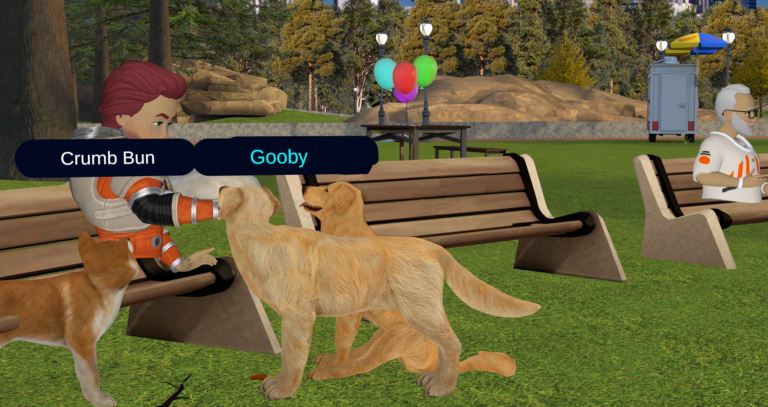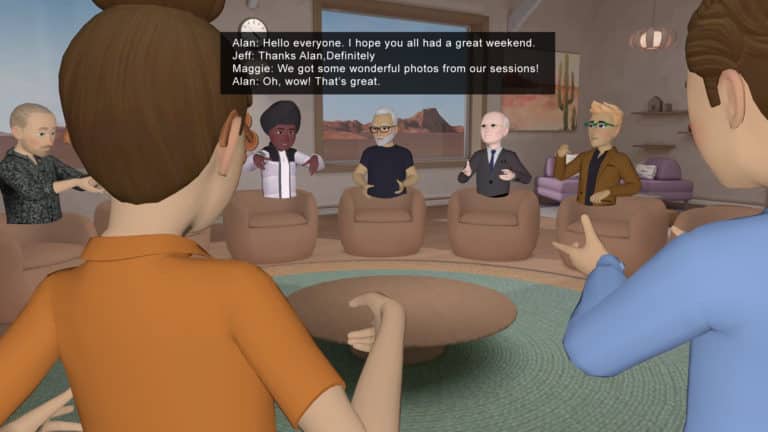With suicides in the military up more than 20% this year from 2019, the United States Department of Defense recently announced the use of a VR training program designed to help prevent suicide among Air Force veterans. The program features a 30-minute VR training scenario in which participants must convince an airman to seek mental health support during a period of emotional distress.
Participants must ask the airman, who is powered by artificial intelligence (AI), a series of prewritten questions. Those who struggle to effectively ask these questions will receive assistance from a qualified mental health professional. The coaching is intended to help both veterans and their spouses better understand what questions to ask, how to properly respond, and why one should ask these questions.
“The unique part of this VR training is that it’s voice-activated, so you’re required to say things out loud that maybe you’ve never had to say before,” explained Master Sgt. Shawn Dougherty, a VR facilitator at Travis Air Force Base, which is one of the locations utilizing VR suicide prevention training.
Virtual reality provides a unique opportunity for individuals to confront challenging interpersonal situations through realistic simulations. In the instance above, this is accomplished through the use of an AI ‘bot’ but the same types of simulations can also take place with other real people.
Foretell Reality is a social Virtual Reality (VR) platform for support groups, group therapy, guided exposure therapy, and other therapeutic practices like role playing and mindfulness training.
Foretell Reality’s social capabilities can be particularly effective in addressing various behavioral health issues when combined with programs originally designed for single individuals. In the example above, veterans and their spouses could join support groups in VR after navigating the solo training in order to talk about their experiences. Further, the AI bot in the simulation could actually be replaced by another real person which could allow for more unscripted and exploratory treatment options.
Interested in learning more about social VR for behavioral health? Schedule a demo.


